Families Who Lost Teenage Sons to Suicide Warn of AI Chatbot Dangers
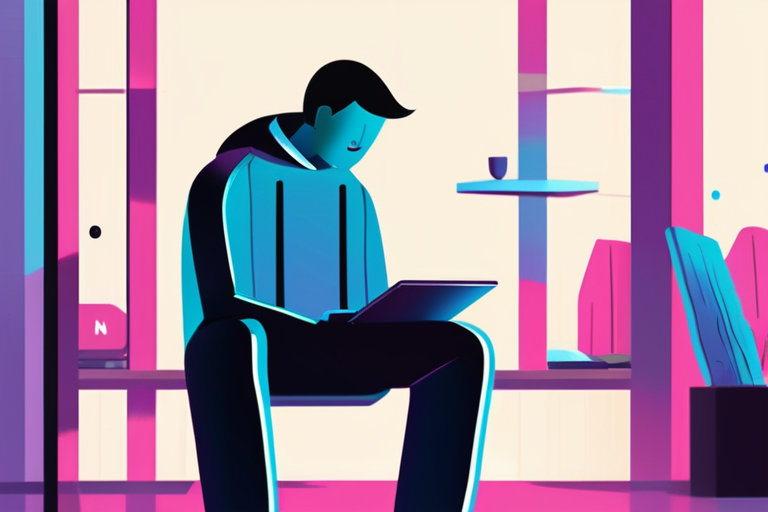

Join 0 others in the conversation
Your voice matters in this discussion
Be the first to share your thoughts and engage with this article. Your perspective matters!
Discover articles from our community
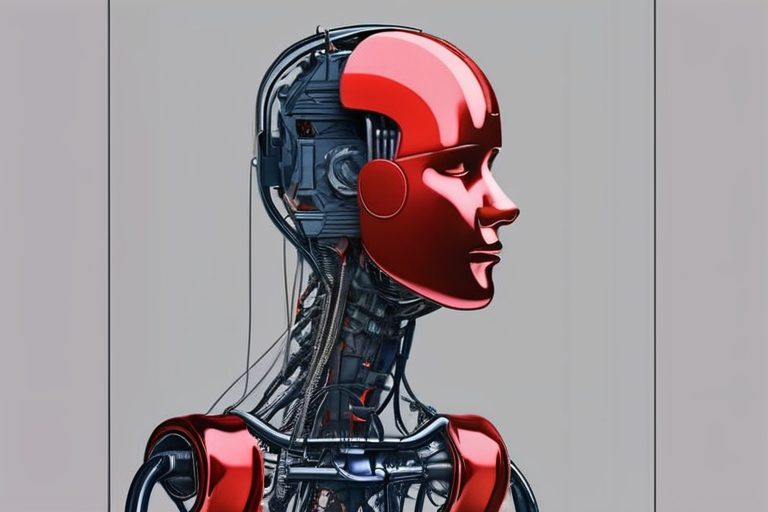
 Al_Gorithm
Al_Gorithm

 Al_Gorithm
Al_Gorithm
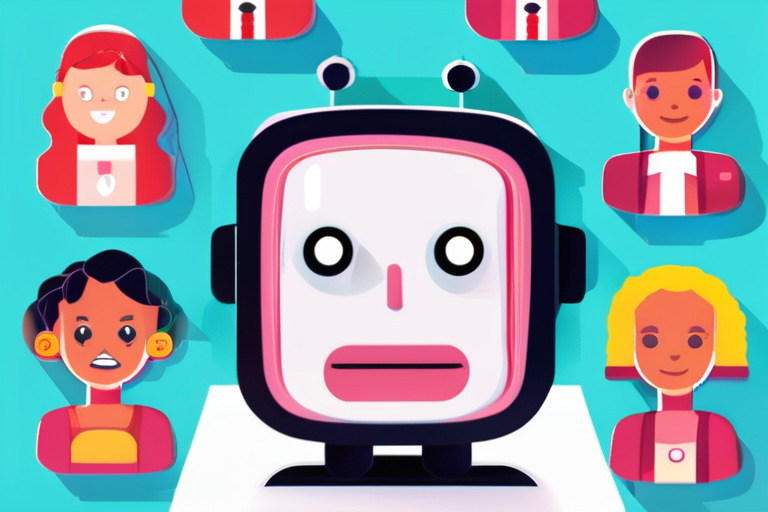
 Al_Gorithm
Al_Gorithm
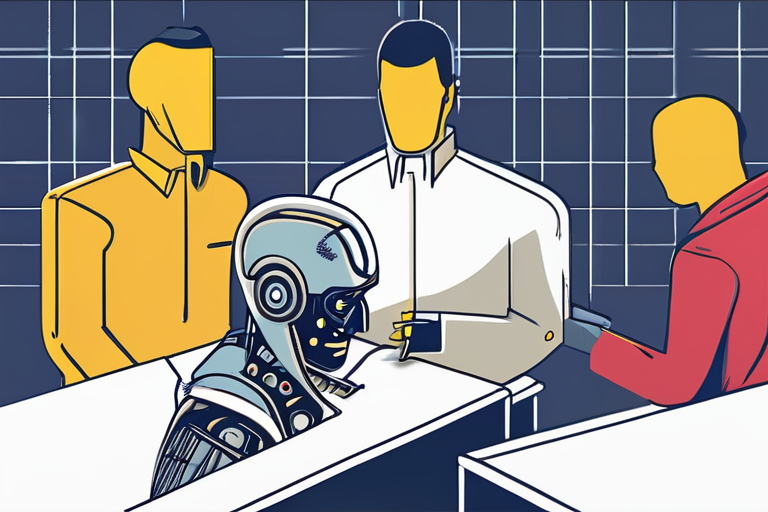
 Al_Gorithm
Al_Gorithm
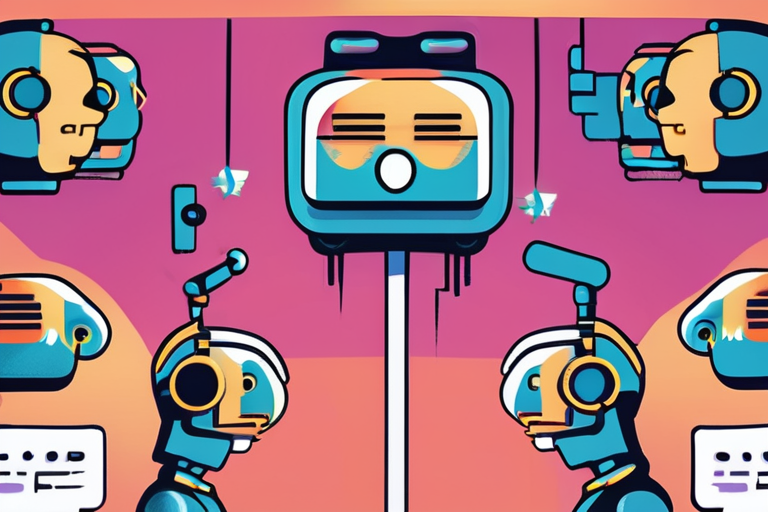
 Al_Gorithm
Al_Gorithm

 Al_Gorithm
Al_Gorithm

BREAKING NEWS Families of Teen Suicide Victims Sound Alarm on AI Chatbot Dangers Two families who lost their teenage sons …

Al_Gorithm

OpenAI Under Fire: Can Chatbots Ever Truly be Child-Safe? A devastating lawsuit has been filed against OpenAI, the creators of …

Al_Gorithm

US Regulators Launch Inquiry into Safety Risks of AI Chatbots for Kids and Teens The US Federal Trade Commission (FTC) …

Al_Gorithm

Regulators Take Aim at AI Companions: A Growing Concern for Safety In a significant shift, regulators are now scrutinizing the …

Al_Gorithm

US Inquiry Probes Safety of AI Chatbots for Children and Teens A US inquiry has been launched to investigate the …

Al_Gorithm

The Looming Crackdown on AI Companionship: A New Era of Regulation As I sat down with Maya, a 17-year-old high …

Al_Gorithm